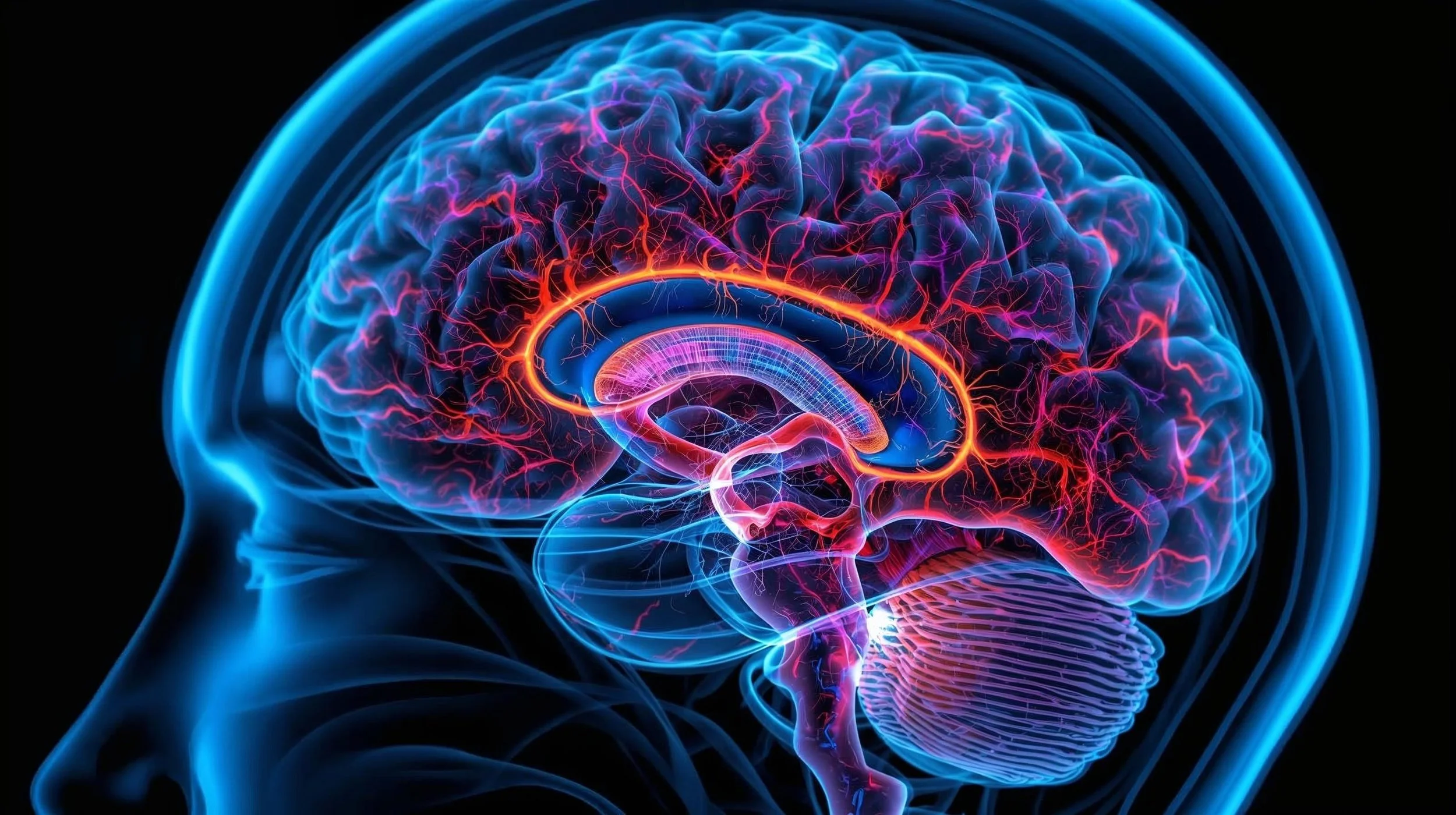UCL and Oxford University pioneer ultrasound helmet for non-invasive deep brain stimulation
University College London and the University of Oxford are pioneering an ultrasound helmet that stimulates deep brain regions without surgery, advancing neuroscience research and potential treatment of neurological disorders.
Researchers at University College London (UCL) and the University of Oxford’s Nuffield Department of Clinical Neurosciences are pioneering an ultrasound helmet that can non-invasively stimulate deep brain structures.
The system, published in Nature Communications, demonstrates precision targeting in early human tests and signals new directions for both neuroscience research and clinical practice.
The technology is based on transcranial ultrasound stimulation (TUS), which uses mechanical pulses to influence neuronal signaling. The helmet features 256 ultrasound elements that focus beams on deep brain regions with precision. The team reports that it can target areas about 1,000 times smaller than conventional ultrasound systems and 30 times smaller than prior deep-brain devices. A fitted plastic face mask helps keep the head stable to ensure accuracy.
Testing and findings
Seven volunteers took part in experiments that targeted the lateral geniculate nucleus (LGN), a thalamic structure involved in visual processing. Functional magnetic resonance imaging (fMRI) revealed increased visual cortex activity when participants viewed a flashing checkerboard during stimulation. A second experiment showed reduced visual cortex activity lasting at least 40 minutes after stimulation, suggesting potential for lasting modulation.
While participants did not report changes in their perception, the scans confirmed measurable effects on brain function. Researchers suggest these findings could eventually inform therapies for conditions such as tremors.
Clinical potential and commercial pathway
Professor Bradley Treeby, senior author at UCL Medical Physics and Biomedical Engineering, says: “This advance opens up opportunities for both neuroscience research and clinical treatment. For the first time, scientists can non-invasively study causal relationships in deep brain circuits that were previously only accessible through surgery.
“Clinically, this new technology could transform treatment of neurological and psychiatric disorders like Parkinson's disease, depression, and essential tremor, offering unprecedented precision in targeting specific brain circuits that play key roles in these conditions.
“The ability to precisely modulate deep brain structures without surgery represents a paradigm shift in neuroscience, offering a safe, reversible, and repeatable method for both understanding brain function and developing targeted therapies.”
Several members of the research team have launched NeuroHarmonics, a UCL spinout working on a portable, wearable version of the system for research and clinical applications.
Dr Eleanor Martin, first author at UCL Medical Physics and Biomedical Engineering, adds: “We designed the system to be compatible with simultaneous fMRI, enabling us to monitor the effects of stimulation in real time. This opens up exciting possibilities for closed-loop neuromodulation and personalised therapies.”
The ETIH Innovation Awards 2026
The EdTech Innovation Hub Awards celebrate excellence in global education technology, with a particular focus on workforce development, AI integration, and innovative learning solutions across all stages of education.
Now open for entries, the ETIH Innovation Awards 2026 recognize the companies, platforms, and individuals driving transformation in the sector, from AI-driven assessment tools and personalized learning systems, to upskilling solutions and digital platforms that connect learners with real-world outcomes.
Submissions are open to organizations across the UK, the Americas, and internationally. Entries should highlight measurable impact, whether in K–12 classrooms, higher education institutions, or lifelong learning settings.
Winners will be announced on 14 January 2026 as part of an online showcase featuring expert commentary on emerging trends and standout innovation. All winners and finalists will also be featured in our first print magazine, to be distributed at BETT 2026.
To explore categories and submit your entry, visit the ETIH Innovation Awards hub.

























